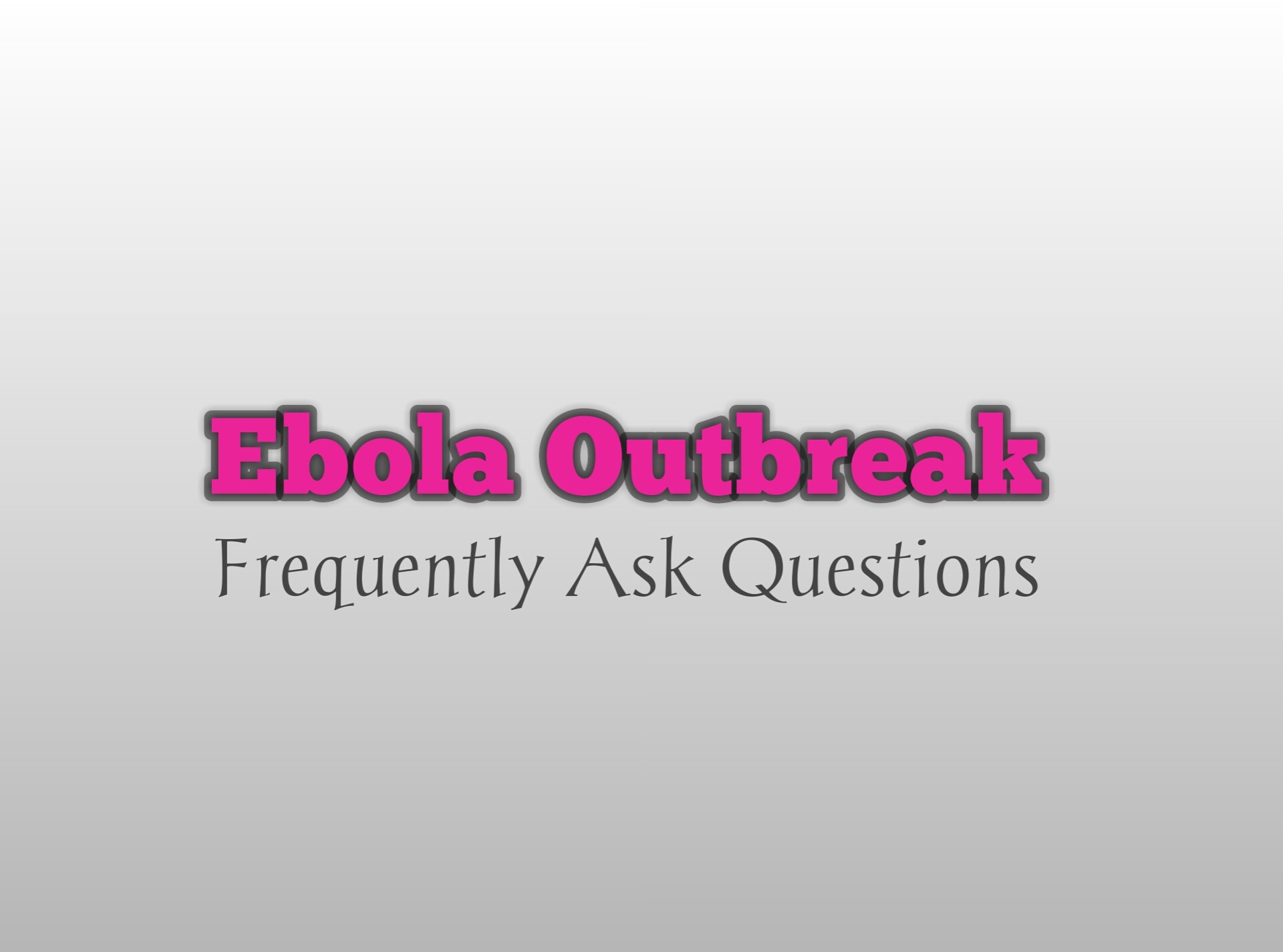Ebola Outbreak-Frequently ask Questions
Where Did the Ebola Virus Come From?
Ebola virus began in Africa but the most recent outbreak has spread to many countries including the U.S. Two US citizens were infected in Africa and brought to the U.S. for treatment in August. This October an patient was admitted to a hospital in Texas with a confirmed case of Ebola. He is said to have potentially exposed about 80 other people. About 50 of those people are being observed for possible symptoms of infection. Anyone who shared living space or a restroom with the patient is at risk due to possible contact with infected bodily fluids.
How Do You Catch the Ebola Virus?
sneeze contact ebola outbreak Ebola is transmitted by bodily fluids such as blood, saliva, mucus and waists. Original transmission form animals to humans is thought to have occurred from animals eaten for food in rural areas of Africa. Human to human transmission spread to urban areas due to low standards of sanitation and health care. The CDC thinks that the higher standards in the U.S. will help limit the spread but more patients ae being found.
What Happens to Advanced Stages of Ebola Virus Infection?
In the most advanced stages, bleeding will occur in the form of a hemorrhagic fever that can cause hemorrhaging in many organs. The bleeding can also spread to external bleeding from opening like the eyes and mouth.
Not every patient has excessive bleeding but abnormal clotting like easy bruising may still be seen.
Ebola kills between 50 to 90 percent of people who become infected. The death is often caused by the bleeding which leads to shock, organ failure, and low blood pressure. Other causes can be seizures, coma, and jaundice from organ damage.
What Kind of Treatment is Available for Ebola Virus Infections?
Ebola Current treatments are aimed at symptoms. A doctor’s goal is to keep the patient alive long enough to fight off the infection.
People who do survive can remain infectious for up to 7 weeks after symptoms are no longer seen. Doctor oversight is a must to make sure that the patient does not expose or spread the virus to anyone else. You can protect themselves by washing their hands before touching their face or eating and drinking since the spread is caused by contact with bodily fluids. You should also invest in N95 certified breathing masks in order to protect yourself from getting infected during an outbreak.

